Ukraine aims to drag Russia into conflict through Donbass provocations: foreign minister Lavrov
Russia has accused Ukraine of trying to create a “provocative situation” aimed at dragging Moscow into a conflict in the country’s eastern region of Donbass, amid an escalation between the Kiev government forces and pro-Russia separatists in the volatile region.
Russian Foreign Minister Sergei Lavrov made the comment against the backdrop of Moscow accusing Kiev of destabilizing the situation in Donbass following a recent drone attack by the Ukrainian troops against positions controlled by the separatist forces.
“The escalation is quite obvious. There are attempts to create a provocative situation, to cause some kind of response from the militia and probably to get Russia involved in some kind of use of force,” Lavrov told Russia's state television on Monday.
The General Staff of Ukraine's Armed Forces said it launched the drone strike on Tuesday to force pro-Russia separatists to cease fire, destroying an artillery unit belonging to the separatists using a guided bomb.
Kiev and Moscow have repeatedly traded blame over the past years for a spike in violence in the Russian-speaking eastern region of Donbass, where Ukrainian troops and pro-Russia forces have fought a conflict that has killed 14,000 people since 2014 by Ukraine’s estimate.
The armed confrontations began when a wave of protests in Ukraine overthrew a democratically-elected pro-Russia government and replaced it with a pro-West administration. The majority in those areas refused to endorse the new administration. That new government then began a crackdown on the mainly ethnic Russians in the east, who in turn took up arms and turned the two regions of Donetsk and Lugansk — collectively known as the Donbass — into self-proclaimed republics. Kiev and its Western allies accuse Moscow of having a hand in the crisis. Moscow, however, denies the allegations.
Relations between Moscow and Kiev further deteriorated when the Black Sea peninsula of Crimea rejoined Russia following a referendum in 2014. More than 90 percent of the participants in the referendum voted in favor of that unification. Later in 2015, the two sides signed a ceasefire deal in the Belarus capital, Minsk, with French and German support, but both parties have on numerous occasions accused each other of violating the ceasefire.
Trump threatens 200% wine tariffs on France to push Macron to join Gaza board
Yemen’s Saudi-backed PLC slams UAE for running secret prisons; Abu Dhabi denies
Swiss MPs move to strip UEFA of tax-exempt status over failure to ban Israeli teams
VIDEO | Massive Michigan pileup sees over 100 vehicles collide in highway crash
Diagnosing the roots of Iran’s economic turmoil
VIDEO | Press TV's news headlines
Son of Iran’s deposed Shah urges US, Israel to bomb country after failed ‘regime change’ plot
Jan. 12, 2026 – the day Iranians again rallied to reject hostile plots against Islamic Republic


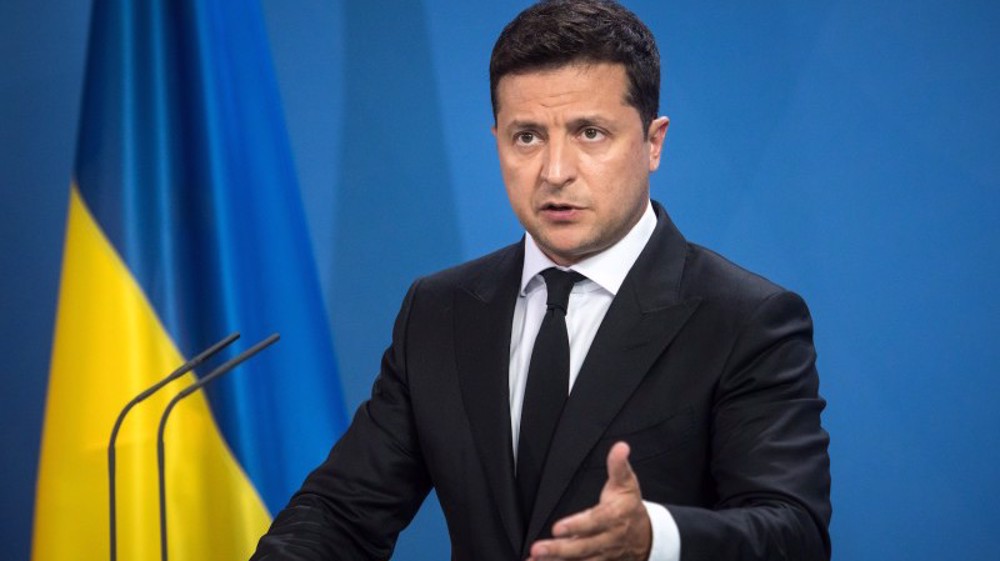
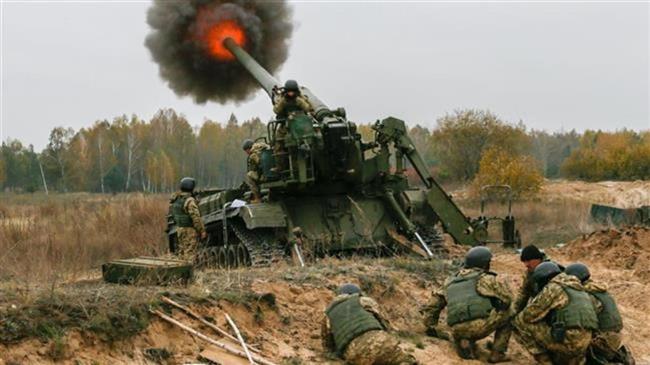
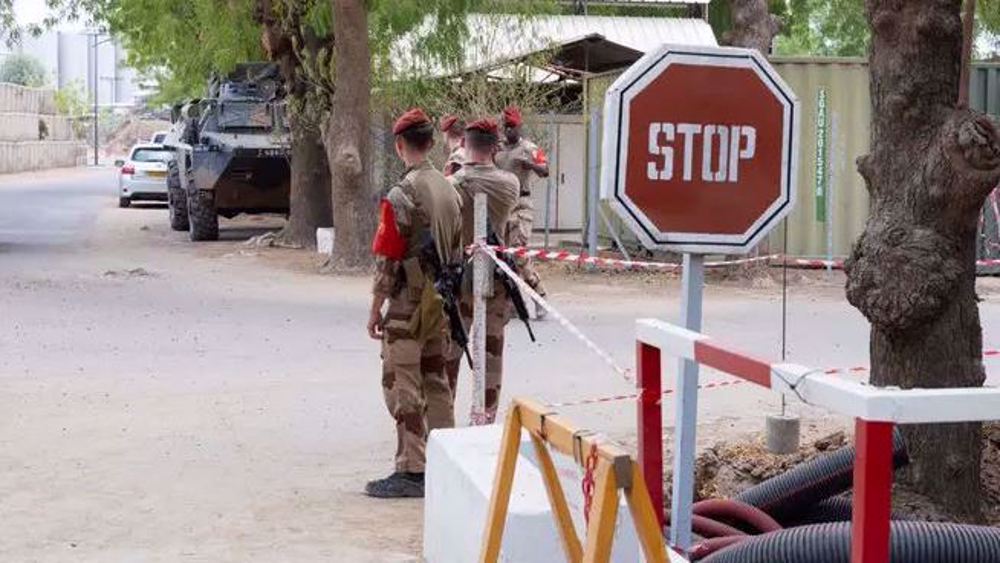
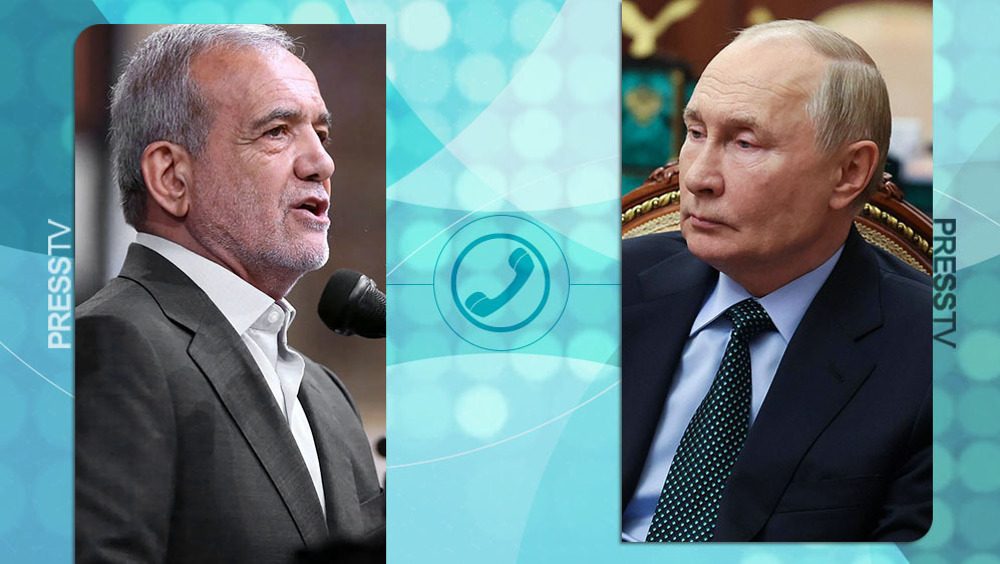
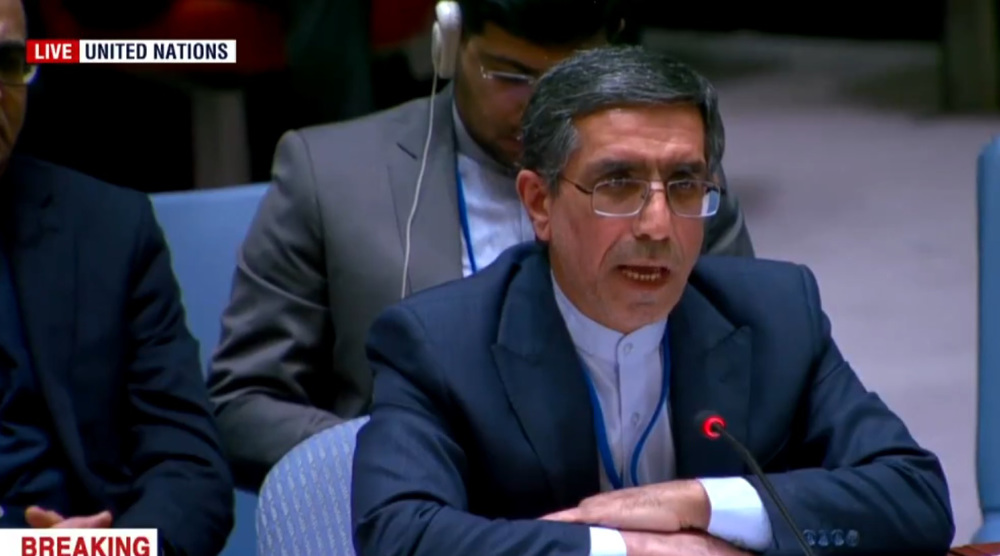




 This makes it easy to access the Press TV website
This makes it easy to access the Press TV website